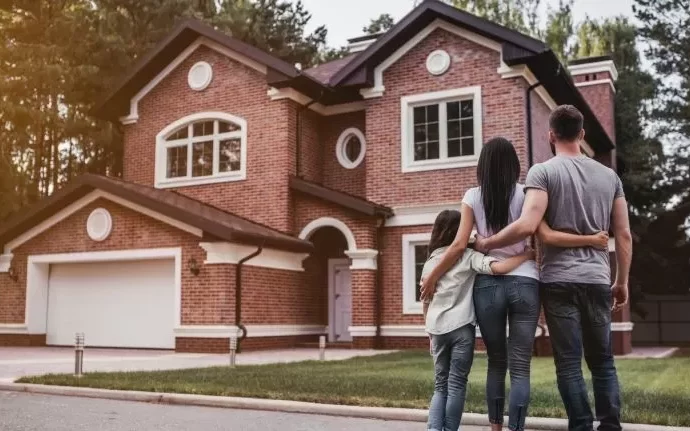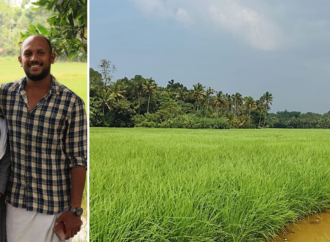Buying a house is probably one of the biggest decisions that one makes in their life. Do your homework before buying.
People invest their hard-earned money and life savings into buying a property and they want to take utmost precaution before buying it so that they do not regret their decision later.
Thus, we have compiled this list of things to consider before buying a house in India, to help you make an informed decision. To make things simple, in this article we will consider only the event where you are looking to buy a house (apartment or flat) in a residential project that is being built by a developer.
Internal Factors are the ones that are related to the particular property that you are considering. For instance, if you are looking at a particular residential project to buy an apartment, then the internal factors are the ones pertaining to that particular project.
External Factors are the ones that are not a part of the property but a part of the market in general or dependent on your financial plans. These factors may remain the same regardless of whichever property you choose.
1. RERA Registration
RERA or ‘Real Estate Regulatory Authority each state has an authority in place to regulate real estate projects. You need to ensure whether that particular project is registered with RERA. Also, if a project is RERA registered, it doesn’t mean that there are no issues with it. It is only the proof that the developer has registered the project with the authority and if there are any issues faced by the buyers, they need to approach RERA.
2. Reputation Of The Developer
One of the main things to consider before buying a house in India is the reputation of the builder or the developer who is going to construct this property. This thing is more important if you are buying an under-construction property as you need to be sure that the developer will deliver you a good quality product in the stipulated time. You need to look at the past performance of the builder and his track record whether he has finished his previous projects on time.
3. Construction
While considering any project, you need to check how many open spaces are there within the project. If there are too many buildings or too tall buildings and there are fewer open spaces, it causes issues like overcrowding in the amenities or parking and traffic issues.
Thus, it is essential to see whether the open spaces provided within the project are sufficient to sustain the number of residents that will be eventually using the premises.
The above image is a sample project layout where you can see that the ratio of open space to constructed space is good enough to cater to the needs of all the residents.
4. Safety & Health Hazards
While buying a property, you also need to consider whether the premises are safe for you and your family to stay in. It should not be close to any health hazards like factories, high-tension cables, garbage dumps, etc which may pose a health hazard for you in the future. One way to check this is to do a small survey of the vicinity and also check the latest development plans from the municipal corporation to check whether there are any adjoining plots reserved for such activities.
5. Maintenance Required After Possession
A lot of buyers miss out on one of the most important things to consider before buying a house in India i.e. how much maintenance you will have to pay after the possession. In most cases, the builder takes an advance amount for a couple of years but later hands over the maintenance and repairs of the property to society.
This is when it becomes tricky. This cost may go high if the builder has provided too many high-cost incurring facilities and the society is not able to manage the funds for their upkeep.
6. Location Advantages & Disadvantages
While looking for a flat, you need to identify the key advantages and disadvantages of its location. You need to check under which civic administration’s jurisdiction it comes and what the planned projects by the Government are.
You also need to consider how the location is from a residential point of view and whether it has enough greenery and water supply that would last for the coming generations. Another point to consider is whether the location is easily accessible from all parts of the city and other towns in the state.


























Leave a Comment
Your email address will not be published. Required fields are marked with *